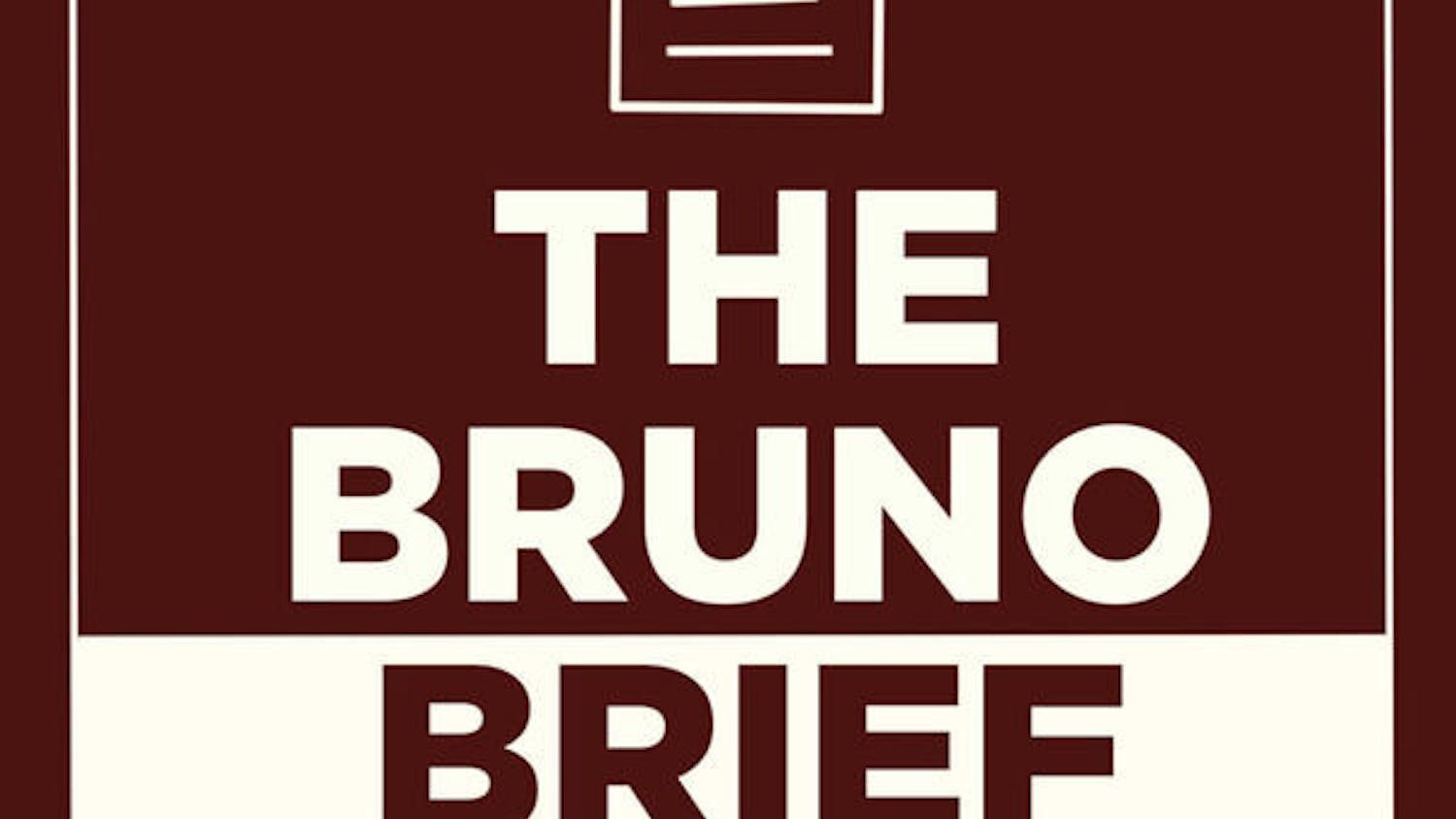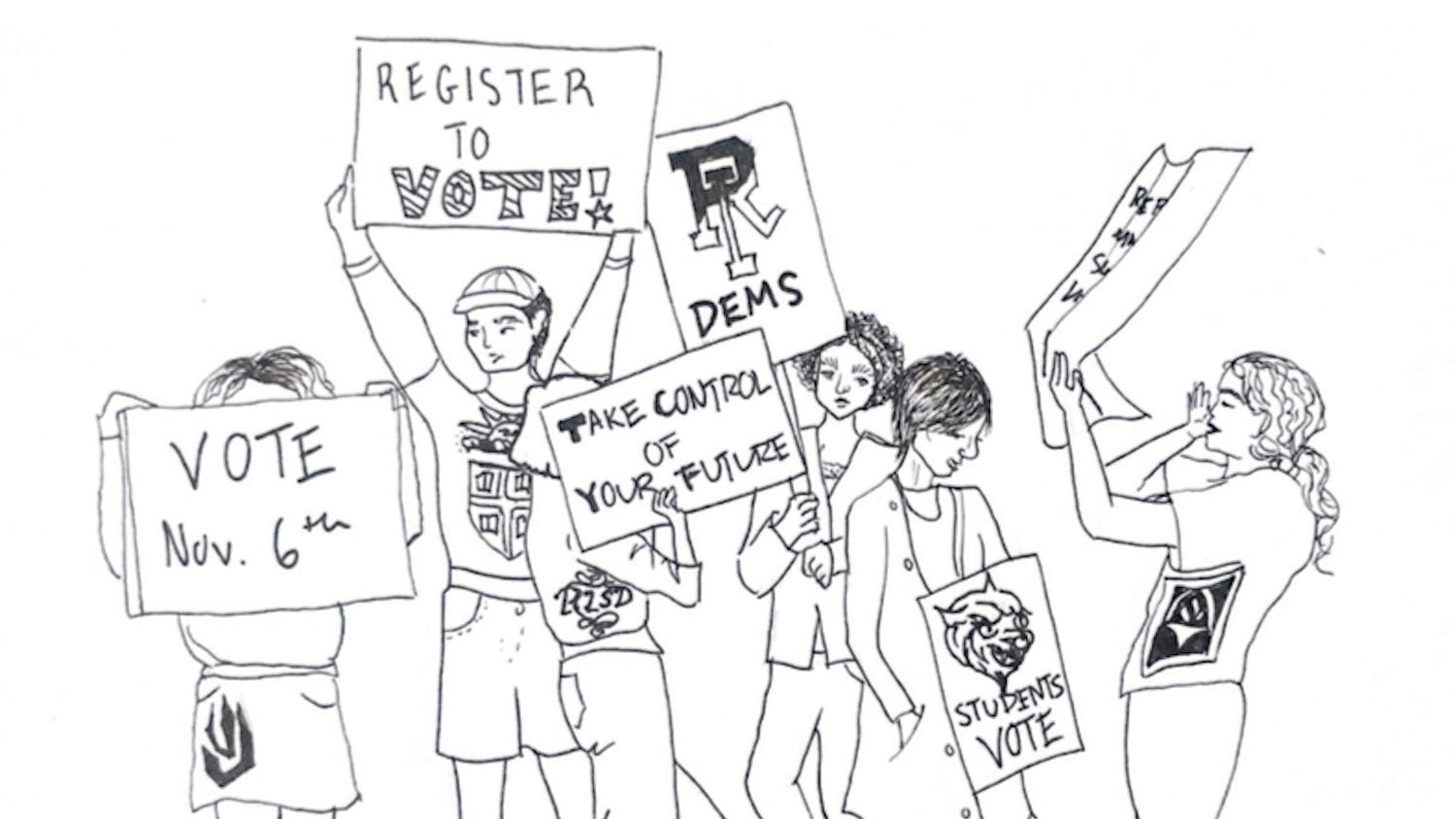UCLA to go smoke-free next week
The University of California at Los Angeles’ ban on all smoking and tobacco products on campus will take effect Tuesday, according to various news reports published last October, when the move was first announced.
The ban precedes a University of California system-wide smoking ban that will begin in 2014. The UCLA decision came from Chancellor Gene Block after UC President Mark Yudof requested the change.
UC officials said the ban is intended to reduce exposure to secondhand smoke for nonsmokers and discourage younger students from experimenting with tobacco products, the San Francisco Chronicle reported in January 2012. The ban includes all outdoor and indoor areas and does not create any smoking-designated spaces.
UCLA’s health sciences campus and hospitals instituted a similar ban in November 2011, according to UCLA Today, a university publication.
UC officials told the Chronicle they expect that new programs to help people quit smoking will accompany or precede the ban.
According to the American Nonsmokers’ Rights Foundation, there are already more than 1,100 campuses nationwide that have banned smoking completely. No Ivy League institutions have established campus-wide bans, though some graduate schools at Harvard and Cornell have done so, according to the list on the ANR website. Iowa has banned smoking at all colleges and universities in the state, and Arkansas and Oklahoma have done the same for their public institutions of higher education.
Baruch College cheating incident leads to firing
A Baruch College professor was fired for how he handled an incident of possible student cheating on an exam, the Chronicle of Higher Education reported Tuesday.
Brian Moore, an adjunct instructor of marketing and international business, told the New York Post in his account of the event that a student asked him for a hint on an exam question three weeks ago. Moore said after they finished speaking and he left, he saw the student going to a proctor to ask a question. He subsequently tore up her exam and publicly told her she would receive a zero on the test, the Chronicle reported.
Moore was fired for “inappropriate and unprofessional behavior,” college administrators wrote in a message to the Baruch community. According to the college’s account of the story, Moore declined to answer the student’s question when she asked for a clarification. Interim Provost John Brenkman told the Chronicle there was no indication of cheating.
Brenkman said Moore was fired for the public accusation and decision to handle the discipline immediately rather than referring the case to the dean of students, as is standard practice. He also criticized Moore for allegedly leaking the student’s name to news outlets.
But in his interview with the Post, Moore said Baruch had failed to follow through on its purported mission to prevent and punish cheating. “They say they’re committed to stopping cheating, but they don’t really mean it,” he told the Post.
Cornell shows hesitance on coal divestment
Cornell President David Skorton has put the brakes on the growing coal divestment movement at the university, saying at a Student Assembly meeting April 4 that Cornell has no plans to divest in the “immediate foreseeable future,” the Cornell Daily Sun reported earlier this month.
Skorton promised to engage in a “long-term conversation” about the issue as well as a “very serious effort” to invest in sustainable energy sources, and he highlighted Cornell’s general emphasis on sustainability. But he declared that the data left him unconvinced divesting from coal would not harm the university’s endowment. He suggested Cornell should proceed with caution but left the door open to a partial divestment sometime in the future.
Cornell’s coal divestment movement emerged alongside Brown’s this year.
Student divestment leaders had pressed for the university to divest from top coal companies by 2020, and many expressed disappointment to the Sun after the announcement.
“I understand that (Skorton) feels obligated to act in the best interests of the students by maintaining a healthy endowment to ensure financial aid, but he should feel equally obligated to take every action in his power to maintain our planet,” said Cornell senior Kelsey Erickson.
ADVERTISEMENT




